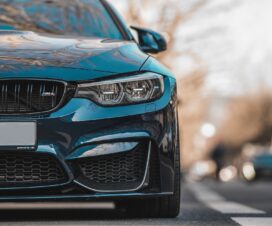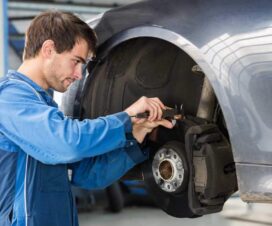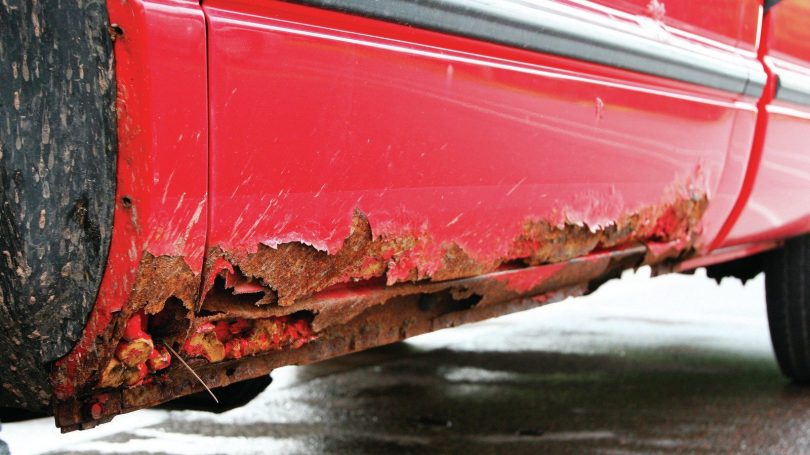 |
Corrosion is a nightmare for every vehicle owner out there. One of the common causes of this is excessive moisture, which can be due to continued exposure to snow or rain. Vehicles may also get corroded because of the lack of proper cover or from old age. If you don’t have a garage, you run the risk of exposing your vehicle bad weather conditions and a lot of harmful pollutants.
Fortunately, it’s easy to prevent corrosion. An effective method is the use of a roll-on bed liner. You can check out 4WDLIFE for a list of your top options. Moreover, once you see any signs of corrosion, take action immediately and keep the following tips in mind:
1. Watch Out For Salt
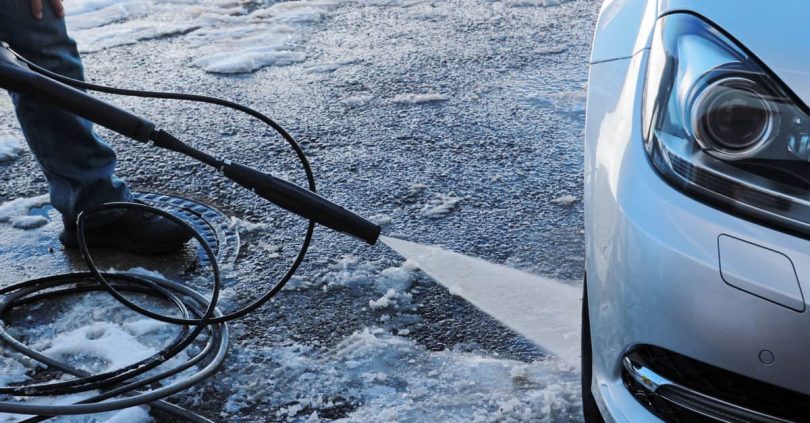
Source: aamufflerandbrakes.com
One of the biggest causes of corrosion is salt. Once it’s mixes with water, it can cause your vehicle’s metal parts to corrode quickly. It’s why corrosion is more common during winter as rock salt is applied to icy roads. It’s definitely a good idea wash your vehicle once every week during the colder months. However, take note that your vehicle isn’t safe if you’re living near the beach because the salt from the sea may eventually get to the roads.
2. Keep Your Interior Dry
When the interior of your vehicle gets wet, there’s a high possibility the moisture would spread to the exterior. To avoid this, wipe down the wet surfaces in your vehicle using a towel. If you have some spills inside, soak them up immediately. If left unattended, it may become much harder to clean. You should also use a towel when getting the moisture out and let your vehicle air dry.
3. Consider Using An
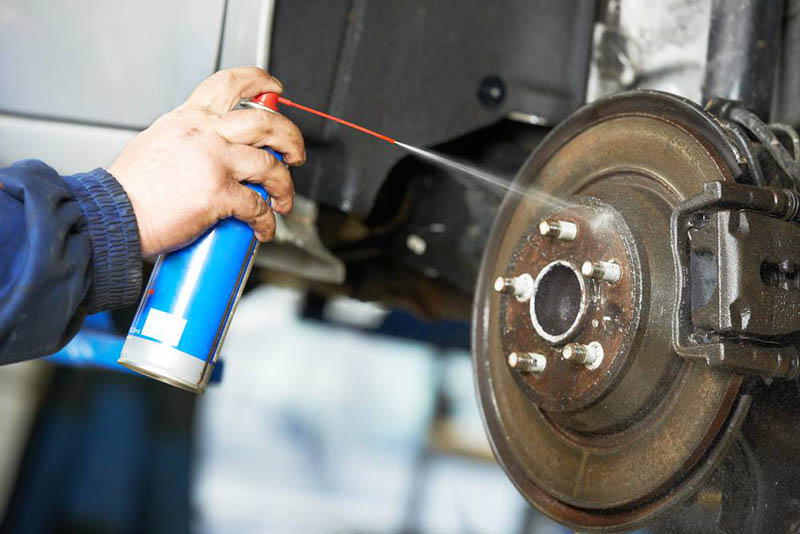
Source: noxudolusa.com
Once you see rust on your vehicle, treat it as fast as possible before it starts spreading. As long as it’s treated right away, you won’t need to completely replace its rusted parts or send it to an auto shop. Remember, if you see bubbling, it’s a sign of corrosion.
Get the area cleaned first and let it dry. Next, apply some anti-rust spray, which is a great choice if ceramic coating or waxing is too expensive. Do this annually if you don’t want your vehicle to turn into a junk car.
4. Keep It Clean
If you often drive on dirt roads or if you like taking an off-road adventure sometimes, the gunk and mud that collect underneath your vehicle may serve as a moisture trap, which may increase the level of corrosion. Make it a habit to check the horizontal surfaces under your vehicle including axles, control arms, and skid-plates and do a little cleaning when necessary.
If you don’t use a pressure washer, just stick with a stiff brush and garden hose as an alternative. You may also need to jack your vehicle to improve clearance, so take some precautions with good wheel chocks and jack supports.
5. Use Ceramic Coating
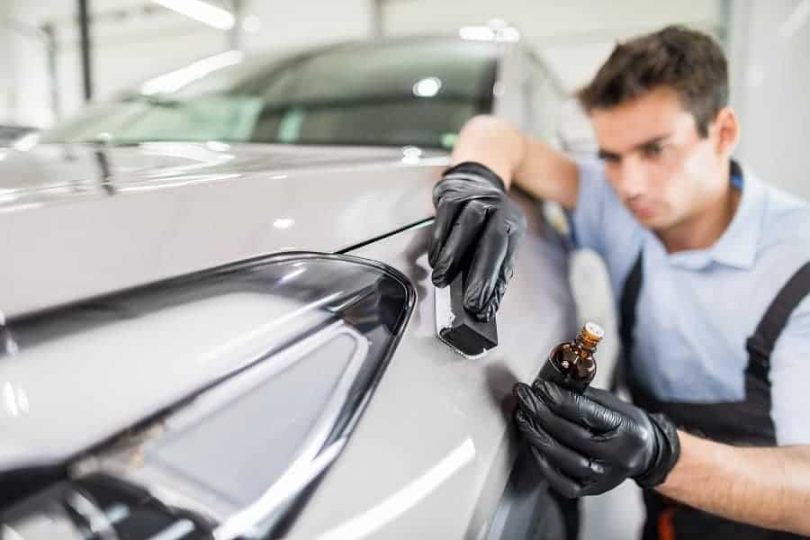
Source: calgarypaintprotectionfilm.ca
A good way to prevent corrosion and reduce exterior damage is waxing your car. Some auto shops even recommend ceramic coating since it’s more cost-effective and powerful than the traditional alternatives. Ceramic coatings are applied on top of the paint of your vehicle.
Ceramic coating works by bonding with the paint to prevent damage. Ideally, your vehicle should be waxed regularly. If you use ceramic coating, you don’t have to reapply for 3 years. If you’re living in areas with milder climates, it may last for a lot longer.
Ceramic coating is a great option to protect the car’s surface from scratches, dirt, and chemical contaminants. Another great advantage is that it doesn’t damage in any way the original paint. This method is highly cost-effective and makes your car look way better.
There are some things to have in mind when using a ceramic coat in your car, these include some aftercare related advice (click here for more tips about extending the lifespan of your ceramic coating). Consider going to a touchless car wash or drying your vehicle with a towel after washing it. Also, it’s important to know that maintenance is key for ceramic coat longevity.
6. Park Properly
Once you park your vehicle on dirt, grass, snow, and some poorly drained surfaces, you’re just inviting corrosion to take over your vehicle. If you think a driveway improvement is an unnecessary expense, ask your garage repair experts for cost estimates to replace exhaust systems, brake rotors, fuel tank, suspension control arms, and more. This will let you know how a proper garage is essential and why it’s worth your investment.
If you think you’re fine with a paved parking lane, never rest easy, especially if there are cracked surfaces because they may lead to moisture collection in your vehicle’s underbelly.
7. Never Allow Water To Sit On Or In Your Vehicle
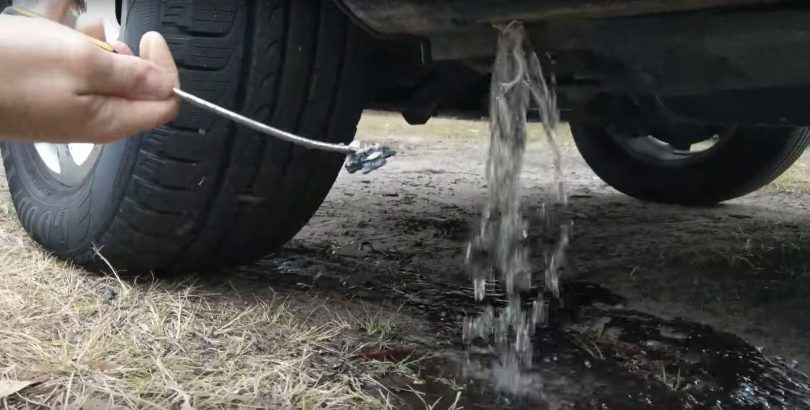
Source: thesun.ie
Your vehicle is made to withstand a lot of conditions, but this doesn’t mean that you should take car maintenance for granted. Plastic trim pieces, pain, and clear coats are all designed to protect your vehicle’s metal parts from rusting, but over time, these may also become compromised. Once you notice a part of your vehicle that tends to hold water, make sure to dry or drain it as soon as possible.
If your trunk gathers and leaks water, let the water pour out. If the water doesn’t drain, look for the drain holes by checking your service manual and get rid of whatever is blocking the holes to let the water drain properly.
Conclusion
Vehicle owners should take extra measures when protecting their vehicles against corrosion. With the above tips, you’ll ensure that your vehicle is corrosion-free. However, if some parts of your vehicle show extensive rust damage, it would be best to take your vehicle to the nearest auto body shop for professional solutions.


